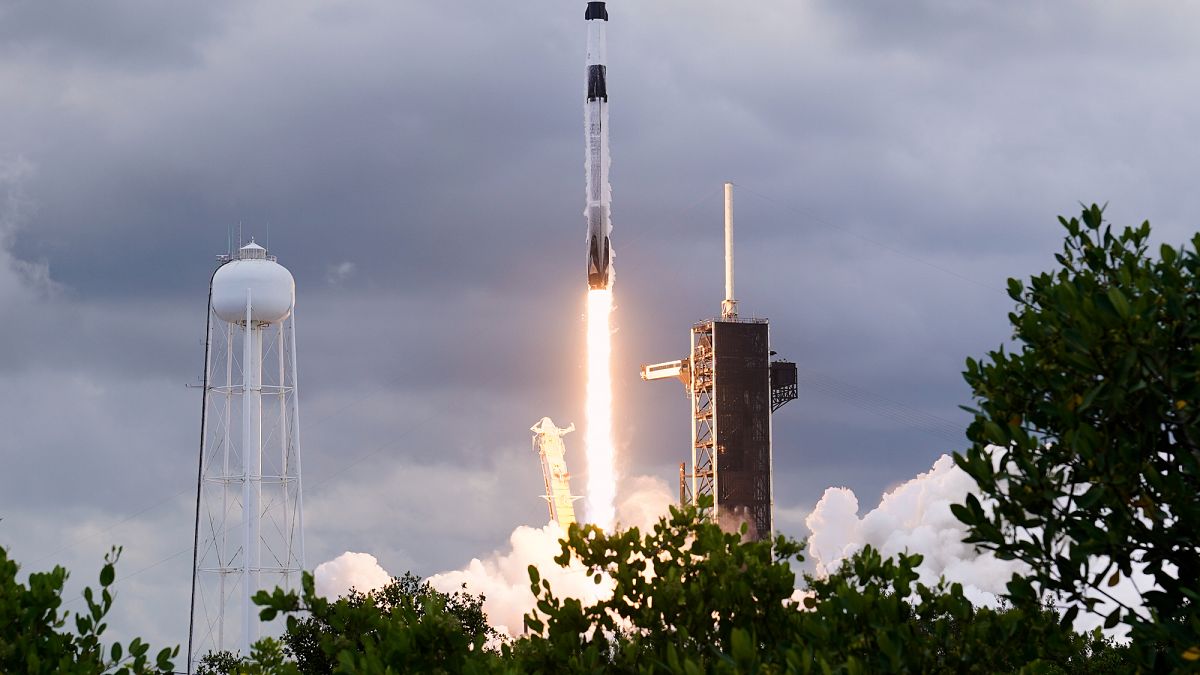

In an inspiring stride for space exploration, SpaceX has accomplished another successful mission, delivering a multinational crew to the International Space Station (ISS). The expedition, signifying global cooperation in space missions, was lauded by members of the international community as it highlighted collaborative efforts and speeds in space travel by completing the journey just 15 hours after launch. This particular crew, consisting of two astronauts from NASA, one from Russia, and one from Japan, exemplifies the spirit of global unity. Such partnerships play a vital role in the advancement of science and technology beyond Earth.
The astronauts’ arrival at the ISS marks another milestone in the ongoing endeavors to maintain and utilize the station as a hub for pioneering research and international cooperation. The operations on the ISS are essential for testing technologies that will be pivotal for future missions to the Moon, Mars, and beyond, pushing the boundaries of human knowledge and capability. This mission does not only offer immediate benefits through scientific experiments conducted onboard but also furthers the emblematic collaboration between nations aimed at exploring and understanding our universe.
In another significant realm of technological development, the European Union’s AI Act came under scrutiny as it transitions into effect, focusing particularly on the limitations concerning the protection of artists’ copyrights. Creative industry groups have expressed concerns over whether the current framework adequately safeguards their work against being used to train AI systems without proper consent or compensation.
The introduction of the AI Act signifies a substantial attempt to regulate the advancing field of artificial intelligence, which continues to evolve at a rapid pace. As AI systems grow more sophisticated, the need to balance innovation with ethical considerations becomes imperative. However, there remains an ongoing dialogue over how best to protect intellectual property rights while fostering an environment conducive to AI development. Industries dependent on creativity and originality are calling for more robust measures to ensure that their creations are not exploited, advocating for amendments that would strike a fairer balance between technological progress and the protection of artistic endeavors.
Both the successful SpaceX mission and the EU’s legislative efforts reflect pivotal moments in their respective fields, encapsulating a broader narrative of technological progression and the importance of kindling international camaraderie and constructive frameworks within the burgeoning digital landscape. The ongoing development in space exploration underscores the unifying power of scientific achievement, while the dialogue surrounding AI legislation highlights the need for thoughtful governance as new technologies reshape global industries.
As these stories unfold, they remind us of the intricate interplay between technology, collaboration, and regulation. Whether it is the harmonious gathering of astronauts from different parts of the world at a station orbiting Earth or the challenging debates about safeguarding creative rights in a digital age, both narratives offer valuable insights into the current state and future trajectory of human innovation and cooperative effort. By continuing to foster positive and inclusive conversations around these developments, we not only pave the way for further breakthroughs but also ensure that these advancements are directed towards the betterment of society as a whole.
Source: {link}
